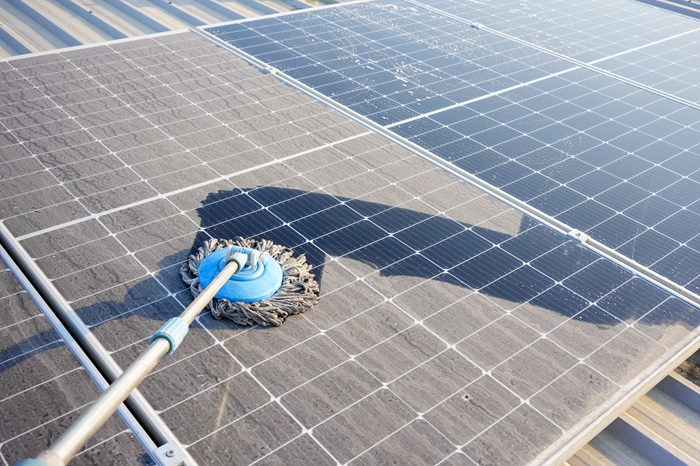3 Things to consider before buying a flexible solar panel
Photovoltaic technology continues to evolve rapidly, and one of its exciting innovations are the flexible solar panels. Unlike traditional aluminum-framed photovoltaic (PV) panels, flexible panels offer unique advantages, especially for on-the-go applications. If you’re considering using flexible solar panels to harness solar energy, here are three key factors to keep in mind:
1.Differences Between Flexible Panels and Aluminum-Framed Panels
- Flexibility and Installation Options
Flexible photovoltaics provide more versatility than fixed panels. They can be installed on surfaces where space and weight constraints would make rigid panels impractical. Whether it’s the curved roof of an RV, the hardtop of a boat, or the top of a camping tent, flexible panels adapt easily to various shapes and contours.
- Durability
The durability of flexible panels depends on the way they are made as well as their intended use. Some flexible panels are sensitive to hail and extreme temperatures, while others are designed to withstand harsh environments. It’s essential to choose panels that match the specific demands of your application. Keep in mind that the average lifespan of flexible panels tends to be shorter than that of fixed photovoltaics.
- Cost Considerations
Flexible photovoltaics typically come at a higher price point. This added cost can be justified by the convenience and adaptability they offer. Consider your budget and weigh the benefits of flexibility against the upfront investment.
-
How to choose the right Flexible Solar panel
When choosing a flexible solar panel, consider the following factors:
- Desired Performance in Watts: Calculate the total wattage needed to power your devices. Understanding your power requirements ensures that you choose a panel with sufficient output.
- Application-Specific Requirements: Evaluate the conditions of the application where the panel will be used. Are there weight /space constraints? Will the panel be installed on a surface where people would need to walk on? Tailor your choice accordingly.
- Budget Constraints: Consider your financial budget for the solar collector. While flexible panels offer convenience, it’s essential to find a balance between cost and performance.
-
Where and how do I plan on installing Flexible Solar Panels?
Flexible solar panels offer versatility and convenience, making them an excellent choice for various applications. Whether you’re outfitting your boat, camping tent, caravan, or car roof, proper installation is crucial for optimal performance. Let’s dive into the essential steps to ensure safe, efficient, and reliable use of flexible solar panels:
- Selecting the Right Location:
- Consider where you’ll mount the panels. Common options include the bimini of a boat, the roof of a caravan, or the top of your car.
- Keep in mind that these applications may expose the panels to vibrations and extreme weather conditions.
- Choosing the Base and Installation Parts:
- Prioritize safety and flexibility when selecting bases and installation components.
- Opt for materials that can withstand environmental challenges and securely hold the panels in place.
- Avoiding Hotspots:
- Incorrect installation can lead to hotspots on the panel surface.
- Hotspots are marks caused by short circuits within the solar cells, potentially resulting in small flames.
- Proper installation, usage, and maintenance are essential to prevent hotspots.
In summary, flexible solar panels offer convenience, adaptability, and portability. Remember, thorough planning and informed decisions lead to successful solar panel installations. By considering the factors mentioned above, you can make an informed decision and harness the power of the sun wherever your adventures take you! 🌞🚀





